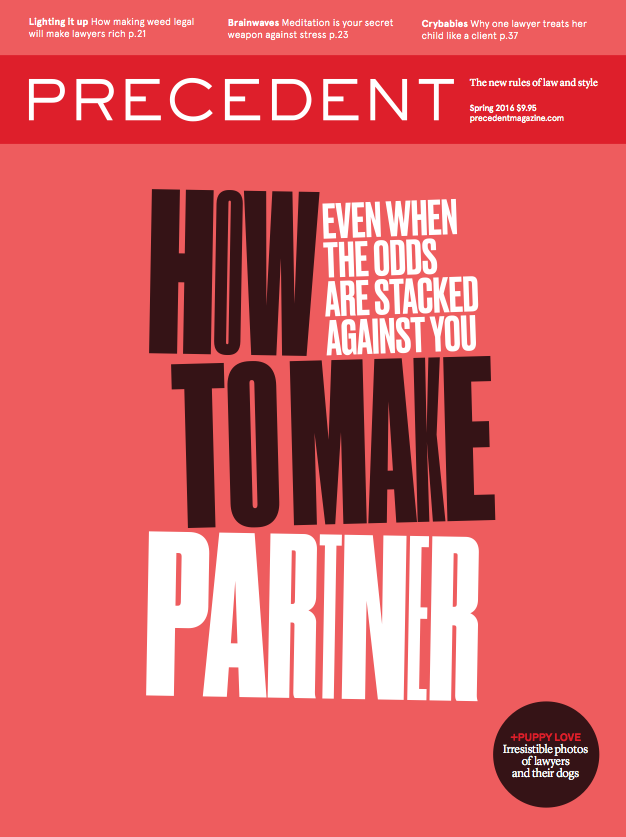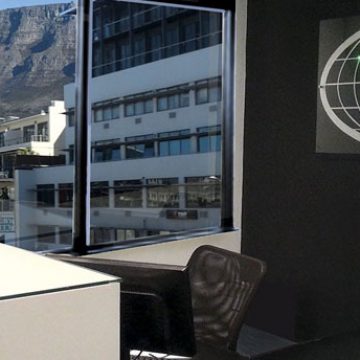Rico Burnett manages a team of fellow lawyers that supports top law firms and corporations all over the world, from New York to London. Much of the time, they plug away at rote tasks such as document review on corporate mergers and major lawsuits — the basic food groups, at least historically, of a junior associate’s diet. But Burnett lives in Cape Town, South Africa, where he works for Exigent, a global legal services provider with nine offices around the world,from India to Australia. The company employs about 150 lawyers, whose rates are far lower than their North American bigfirm counterparts.
In Canada, sending work offshore to third parties is rare. In the past four years, however, McCarthy Tétrault LLP has increasingly shunted document review to Exigent. “We can save clients up to 50 percent,” says Matthew Peters, a partner at the firm, who leads the firm’s “innovation agenda.” That can translate into hundreds of thousands of dollars. That’s big money — and it’s forcing other lawyers to pay attention. “The Canadian market was late to start,” says David Holme, the CEO and founder of Exigent. “But it’s catching up fast.”
Take Susan Wortzman, founder and president of Wortzmans, a niche firm that specializes in, among other things, e-discovery. This fall, she started offering clients a new option: a team at Exigent’s Cape Town office completes the first stage of a document-review project and sends it back to Wortzmans for further review and quality control. This would reduce the total cost by 30 to 40 percent.
At first, Wortzman was skeptical of offshoring. For instance, could she work with lawyers in South Africa and still guarantee total security to her clients? Wortzman went to Cape Town to find out. “I spent three days looking at Exigent’s operations from top-to-bottom,” she says. That included an inspection of the document review rooms. “The doors are always locked. No one can bring in their bags or their phones. There are no printers. It’s under absolute lockdown.”
Wortzman met the lawyers. “English was their first language,” she says. “And they were trained in a common-law legal system.”
The legal job market in South Africa is, in fact, a dream for Exigent — in part because it’s so dismal. The country licenses about 7,000 new lawyers each year, yet, on average, only 2,000 find a job in private practice. “We have some great universities,” says Burnett, who earned his law degree at Cape Town’s Stellenbosch University. “But the traditional legal market in Cape Town is small, so it’s hard for graduates to find a rewarding practice.” Exigent, as a result, can hire from a sea of well-trained lawyers. Job-hunting lawyers are also drawn toExigent, says Holme, for a chance to work in a cutting-edge environment.
The struggling South African economy — its currency has fallen drastically in the past decade — also means Exigent doesn’t need to pay top salaries by North American standards. “People can have a very good lifestyle — with beaches, wine and good food — at salaries that people in Canada might look at and say, ‘Wow, that’s incredibly low,’” says Holme. “But they also don’t aspire to go on holiday to New York.”
Exigent also offers more than document review. It can manage, for instance, a company’s slate of contracts. “Let’s say we manage a corporation’s leases,” explains Holme. “At a moment’s notice, they can ask: How many are about to expire? Or, how many are up in six months and need to be re-negotiated?” Peters says McCarthys now offers this to clients. “We thought everyone would care about cost savings, but they’re also interested in these kinds of analytics,” he says. “That really surprised us.”
 This story is from our Spring 2016 issue.
This story is from our Spring 2016 issue.
Photography courtesy of Exigent


